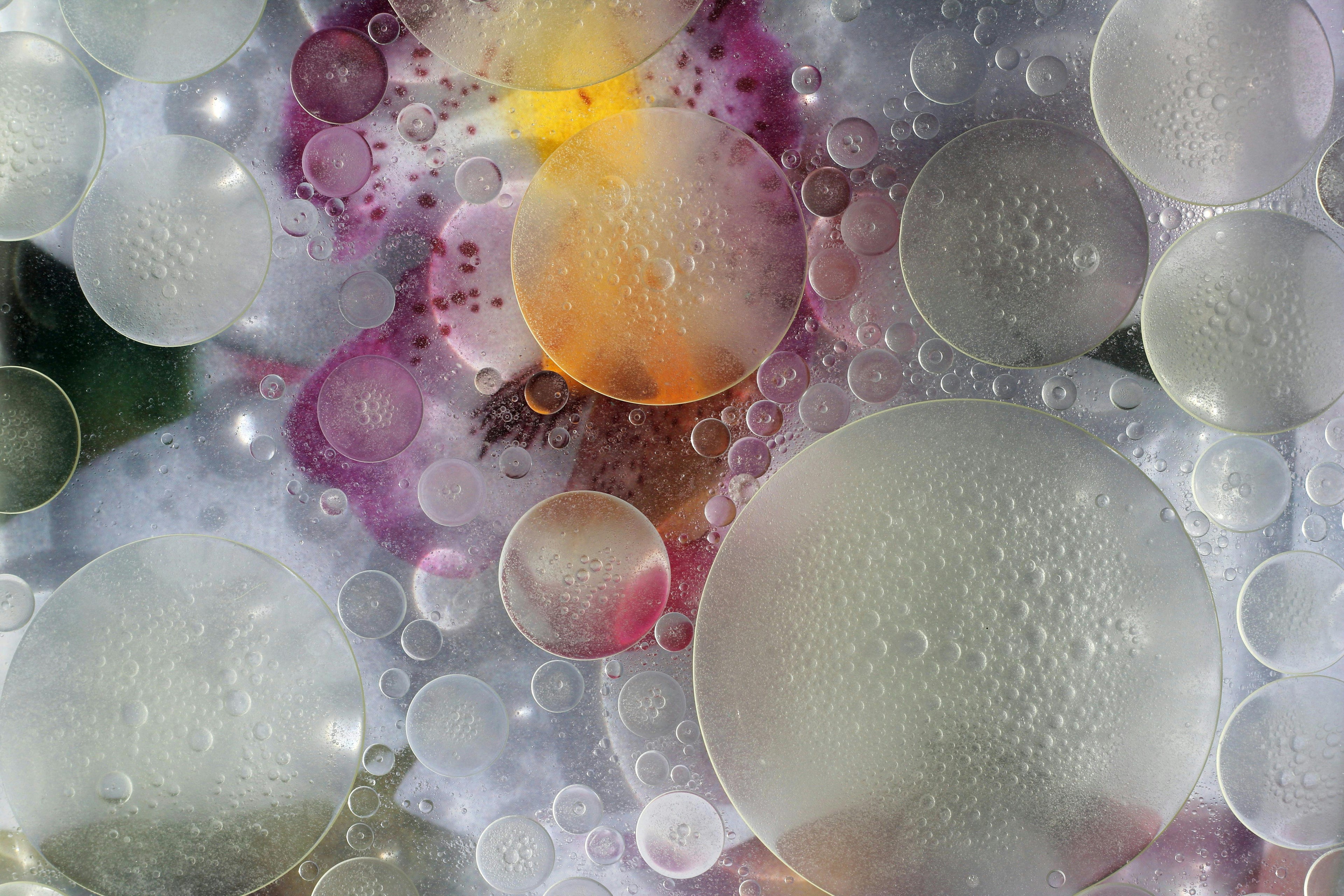-
The moment ink enters the dermis, the skin’s structure, function, and long-term behaviour change. That makes tattooed skin a category of its own, with care needs that general skincare has never been designed to address.
Unique needs of tattooed skin.
-
Stage-specific support
Pre-tattoo preparation, recovery, long-term defence, and restoration all require different interventions.
-
Barrier-first formulation
Tattooed skin benefits from barrier repair and hydration actives that stabilise skin while respecting ink.
-
Environmental defence
Sunscreens, antioxidants, and pollution protection are not optional, they’re essential.
-
Optical refinement
Gentle resurfacing and light-diffusing agents help maintain the crispness and vibrancy of ink.
-
Lifestyle integration
Diet, hydration, stress, smoking, and sleep all show up more visually in tattooed skin than in unmarked skin.
Key differences.
Tattooed skin carries a permanent wound memory
Tattoo needles puncture the skin thousands of times per minute, creating a controlled trauma.
While the surface heals, the dermis never “forgets”, pigment particles remain, locked in by immune cells.
This creates a kind of chronic immune presence. Even years later, tattooed skin has macrophages continually engulfing and passing ink between generations of cells.
This means tattooed skin is always in a subtle state of immune surveillance, unlike untouched skin.
Barrier sensitivity is heightened
The skin barrier (outermost lipid layer) is temporarily disrupted during tattooing. Even after recovery, the history of trauma can make tattooed skin more reactive.
Tattooed skin may lose moisture faster (higher transepidermal water loss) and sometimes feels more sensitive to harsh detergents, over-exfoliation, or excessive sun exposure.
General moisturisers may help, but tattooed skin benefits from barrier-supportive actives (ceramides, panthenol, niacinamide) tailored to its history.
Ink alters skin’s optical properties
Tattoos are essentially optical devices under the skin.
How vibrant they look depends on:
- Epidermal clarity
Dead skin build-up dulls light transmission.
- Hydration
Water content influences light scattering, making tattoos appear sharper when skin is well-hydrated.
- Collagen density
A firm dermal matrix stabilises pigment and reflects light more evenly.
Ordinary skincare may make skin look dewy, but tattooed skin benefits from actives that specifically enhance surface clarity and dermal resilience.
Tattoos interact with ageing differently
Collagen & Elastin breakdown
As these fibres degrade with age, tattoos can warp or “spread.”
Gravity & mechanical stress
Tattoos across joints or skin folds distort more with repeated movement.
Pigment migration
Some pigment particles slowly shift position as tissue remodels, softening lines.
Tattooed skin ages with added visual consequences — fading, blur, and distortion. This makes prevention (SPF, antioxidants, collagen-supporting actives) even more critical.
Inflammatory and environmental responsiveness
Tattooed skin has a different relationship with inflammation. Sunburn, wounds, or dermatitis over tattoos can cause pigment distortion or colour change.
UV and pollution create oxidative stress, which doesn’t just damage collagen but can destabilise pigment chemistry.
Even blue light from screens penetrates deeply enough to generate oxidative stress, adding another fading factor most people never consider.
Tattooed skin has higher stakes when it comes to environmental defence, it’s not only about wrinkles, but about protecting pigment integrity.
Hidden health considerations
Skin cancer detection
Tattoos can obscure suspicious moles or lesions, making regular dermatologist checks essential.
Vitamin D synthesis
Dense, large tattoos may slightly reduce UV absorption, with implications for vitamin D levels in combination with diligent sunscreen use.
Systemic immune interaction
Research is ongoing, but tattoos may influence immune signalling more broadly, given the lifelong presence of pigment within macrophages.
Caring for tattooed skin isn’t just aesthetic, it has implications for overall skin health.
